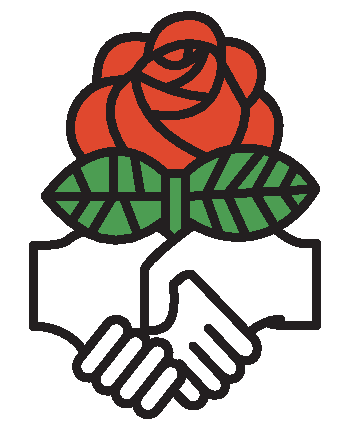Women and Health: Work-Life Balance
Lisbon, Portugal, 26-27 June 2001
Resolution
For women, the right to paid work is a fundamental social right. At the same time it is an economic necessity which ensures a woman’s independence as an individual.
The fact that this right is not fully recognised implies that women must combine their work in the home with their paid work, since there are not enough clear public policies for the care of children and the elderly, and men do not yet participate sufficiently in domestic tasks. The double working day that results affects women’s health, their chances of promotion at work and their social and political recognition. This situation is particularly bad in rural areas and small villages.
Recent research on women’s and men’s working hours shows that women work a greater number of hours per week, when both paid and unpaid time is counted. In the case of women, paid work in fact represents on average one third of the total (three quarters of the total for men), whilst unpaid work accounts for the other two thirds (one quarter for men).
This situation undermines the social rights of women and seriously threatens women’s health. The World Health Organisation (WHO) defines health as consisting of physical, psychological and social well-being. The WHO notes the right of every person to enjoy basic health care. It is the responsibility of the State to protect the health of every person. Given that women already suffer from a long-standing situation of inequality, parliaments, governments and NGOs must promote health care and research into health issues which are based upon a gender and sex specific approach and which promote global policies designed to overcome this inequality. It is essential to demand of the State all the necessary social welfare benefits in order to provide for infants and others for whom women habitually care.
The inequality of rights, as evidenced particularly by women’s workload, and according to the Beijing Platform for Action (1995) is one of the major barriers for women to the achievement of the highest standard of health. On the other hand, violence against women and particularly domestic violence is today considered by the WHO (1998 Report) as a social and public health issue. Of course, we must not ignore health problems which are linked to the spread of AIDS, as well as to murders of women, to physical and psychological problems and to problems linked to the abuse of drugs and alcohol.
Other models of the family are necessary: families or partnerships in which all members enjoy the same fundamental rights and are respected as people. A family in which a new way of living together is established, and where domestic tasks and paid work are shared. It is essential to learn to resolve conflicts through dialogue and negotiation. In addition more resources must be offered to families in which the responsibilities are borne exclusively by women. Let us not forget that poverty essentially affects women.
Socialist International Women therefore calls on governments to:
- ensure the right to integrated health care giving special attention to primary care and to adopt policies that will provide equal access to and use of services, in order to offset social and regional inequalities;
- recognise that overwork, a lack of time and a lack of rest are the cause of many physical and mental illnesses and of a deep unhappiness which undermine the personal development to which every individual is entitled;
- conduct research into men’s and women’s working hours and conditions and to evaluate any progress that has been made in this field towards an equal balance;
- take the necessary legislative measures so that the contribution of domestic work is reflected in GNP figures;
- run public-awareness campaigns emphasising the need for men to play an equal role in raising children and in performing domestic work;
- adopt the measures necessary to allow all families, whatever their structure, to gain access to support structures. These should facilitate child-care (crèches, nurseries, feeding centres), care for the elderly (social security, centres for the elderly) and maternity and paternity leave which can be adapted to professional responsibilities (parental and family leave allowance), to promote other measures aimed at supporting families with dependent members such as minors, elderly people and the handicapped;
- provide rural areas with social infrastructure and the necessary equipment to ensure the opening up and the integration of rural areas.
Finally, Socialist International Women undertakes to support the actions of governments and organisations which are combating poverty and fighting to improve the health of women throughout the world.

